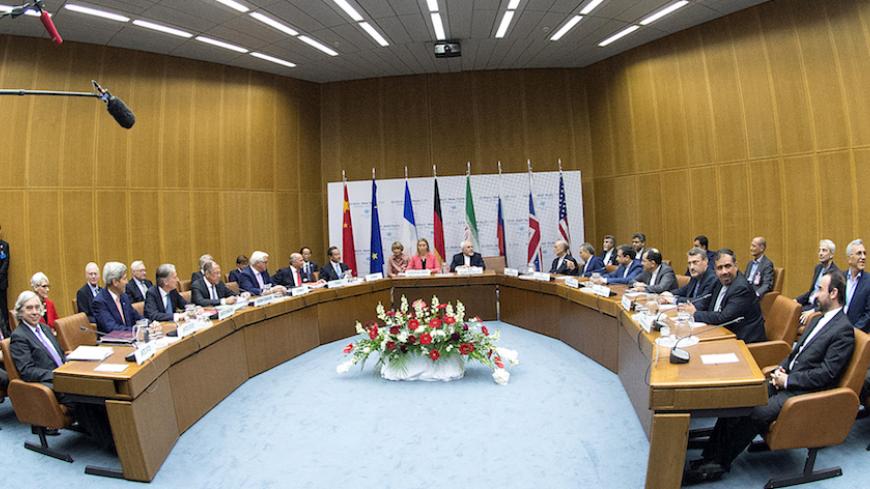Tehran prosecutor Abbas Jafar Dowlatabadi announced Aug. 16 that Iran had arrested another dual national in the country. According to Dowlatabadi, the individual had links to British intelligence and was “active in the economic field.” Dowlatabadi did not share any other information about who the person is or when the arrest took place.
On Aug. 23, conservative website Nasim Online published a thinly sourced article claiming that the arrestee's name is Abdol Rasul Dori Esfahani, a member of the Iranian nuclear negotiation team. According to the article, Dori Esfahani was in charge of banking affairs during the nuclear talks and was arrested for selling economic information to foreign countries.



